Planning Your 2022 Event Strategy
2021 is almost over, can you believe it? As you start wrapping up your events for this year, the vicious (ahem, I mean, creative) cycle is almost ready to start all over again. It is time to wipe those slates clean and start planning for your 2022 events and experiences.
Planning can sometimes feel like a daunting task, especially when you have time-sensitive priorities or you just need an end-of-year break, but being intentional with your event strategy and planning now will save you a lot of stress in the long run.
On average, an event takes 6-12 months to plan and prepare for, which only leaves you a few more months to get your event back on track before it is too late.
But what if things change between now and my event? You are right, things may change between now and your event, just like we saw in 2020! However, if your plan is to wait until your circumstances are absolutely perfect, chances are you will probably never create that event.
That is why we are giving you actionable steps to create your initial event strategy so that you can get your 2022 event strategy back on track.
2022 Event Strategy Checklist:
Survey Your Situation
The first action in assessing your 2022 business strategy is to take a step back and evaluate what worked and what didn’t work in your past communications, partnerships and events. Evaluating the result of an event can come in a couple of different forms, but we’ll talk about a few of our favorites. One of the most effective forms is a survey tool that you can use throughout your event planning process, including onsite and post-event.. You can use thoughtfully curated questions (Both qualitative and quantitative), to find out what your key stakeholders valued at your event
In an ideal world, you would have surveyed speakers, sponsors, and attendees from your previous events whether they were virtual, hybrid, or live. However, we know that for many of you, surveys are not always an option, so another way to learn about your attendees' sentiments are through small-group feedback sessions or focus groups, or one on one meetings with key figures in your event - speakers, sponsors, partners and even attendees.
Important Note: Remember to do a post-event survey every time so you can gauge your event’s performance against stakeholder expectations.
High-level annual goals from each department
Once you have taken time to reflect on your 2021 events, you’ll want to create some measurable goals for 2022. Taking from what you have learned in your 2021 evaluation, you can analyze your 2022 high-level goals for each department and how they can relate back to your event strategy. For example, what are some of your top goals for each department and the measurable KPIs for those goals? Make sure each of these goals is specific, achievable, and actionable. They should guide you throughout the year and allow your event to have a specific objective in mind.
Budget
Now, we are onto the next stage… the budget. The word that alone can stress leaders out, but it MUST be discussed before planning an event. Here are some tips to help you comfortably allocate your event budget:
Define all of your potential tools (i.e. project management tools, event management software, advertising, etc.)
Focus on selecting tools that align with your goals (i.e. If you want to host a fundraiser, it would be wise to look into channels like AuctionFrogs or similar software), keeping in mind the results from your stakeholder surveys.
Don’t forget physical costs like a venue rental, food and beverage, tents and heat lamps, printing for signage and name tags, staff travel, attendee travel, AV, live-streaming solutions and more. Ideally, work with an event expert who can help you break down your big dream into actionable steps and costs.
Sponsorship Goals
We have said it once, and we will say it again… keep your sponsors’ goals top of mind. It is not only important to please your attendees, but all of your stakeholders. Just like your attendees, there will be certain expectations that they have for your event, and if you don’t reach their expectations--or worse, don’t consult them about their expectations before creating an event--you will have a disaster on your hands.
Clear Target Audience
Imagine spending all day baking dozens of apple pies, just to find out that the guests you will be hosting hate apples and will not be able to eat anything at your party. That would be pretty pointless, right? Creating an entire event without considering your target audience's preferences is the same concept. You may have created a great event (an event that others may have enjoyed), but if it is not an event that your specific audience would enjoy, you have completely missed the point. So before you can start to plan your event, dive into what your customer enjoys, what they find valuable, and what would make a ‘wow’ moment for them.
Ready to get your 2022 event strategy created, but you’re not sure how to take the first step? Schedule a Catalyst Call with us! These consulting hours are designed for anyone who needs expert advice about an event, pop-up, trade show, or overall experiential strategy.
